Chaucer and the Merchant
April 7, 2015
“Whan that Aprill with his shoures soote, The droghte of March hath perced to the roote…Thanne longen folk to goon pilgrimages.” So begins Geoffrey Chaucer’s immortal Canterbury Tales (c.1387-1400). One of those on Chaucer’s famous journey was an unnamed merchant, “with a forking beard, And motley [a patterned fabric] dress,” wearing a Flemish beaver hat …
Unesco and Photography: Making the Post-War Peace
March 23, 2015
In 1955, the French National Commission to UNESCO (United Nations Educational Social and Cultural Organisation) recommended the establishment of an international centre for moving and still photography. Though never realized, this aim testified to a widely held belief in the idea that visual media would speak across boundaries of language and nation, and assist in …
History and Organization Studies
February 26, 2015
In a recent article with Andrea Bernardi of Manchester Metropolitan University, Anna Greenwood, newly appointed as an Assistant Professor at Nottingham History, asks what historians can learn from studies of organizations and what organization studies scholars can gain from history. Organization Studies is the sociological study of organisations like businesses or other bureaucracies. It has …
Women and the Law in 14th-Century England
January 23, 2015
In November 1394 Robert Polidod and his wife Margery, both of Nottingham, complained in the city’s borough court that Richard Hawkburn and his wife Alice owed them 22d for ale and a cash loan. Though Richard and Alice denied owing the money, an inquisition jury was summoned and reported that they did. The couple were …
American Labour and the Great War
January 8, 2015
In 1917, claimed President Woodrow Wilson, the United States entered the First World War to ‘make the world safe for democracy.’ On that proposition hundreds of thousands of American soldiers left for the trenches of Belgium and France. At home, however, an equally bitter series of struggles took place over whether democracy would also arrive …

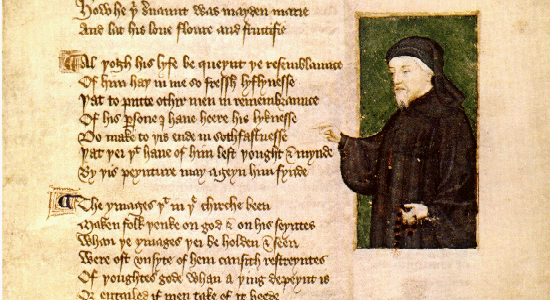
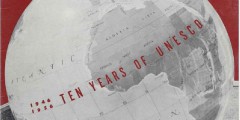
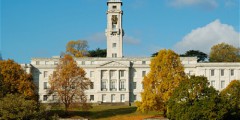
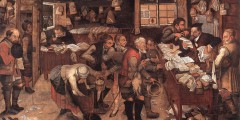
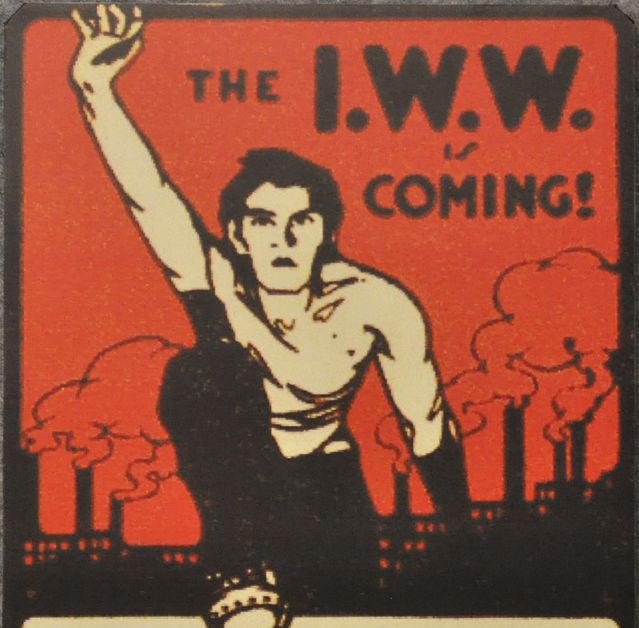
Recent Comments